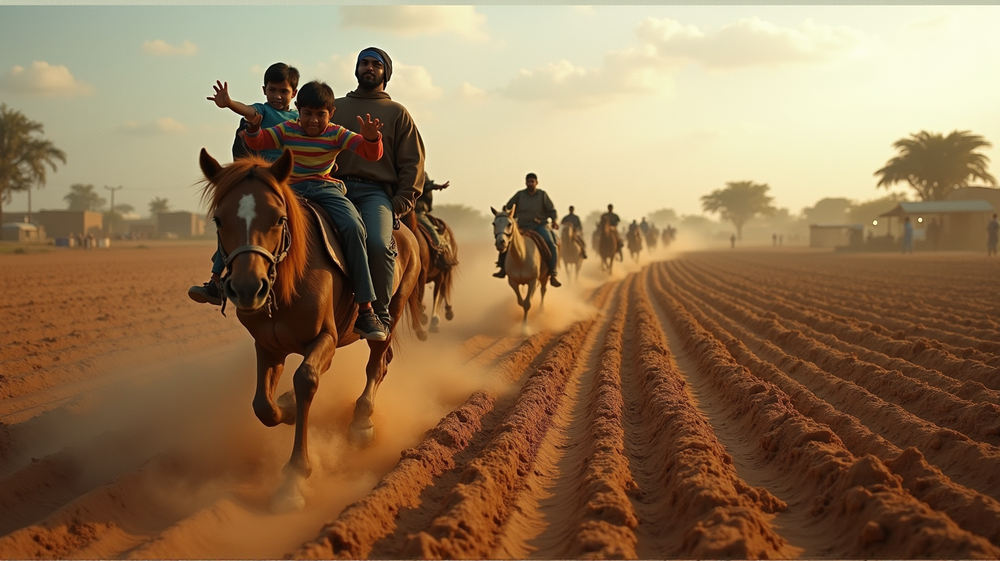In a world where crises persist, Uganda, Serbia, and Afghanistan each represent unique battles for survival and progress. From Uganda’s overwhelming refugee condition to Serbia’s struggle for democracy, and Afghanistan’s endeavor to strengthen agricultural resilience, the tides of change compel us to reconsider what’s next for these nations. Here’s how they are fighting these challenges.
Uganda’s Refugee Funding Crisis
Since 2025 began, Uganda has been welcoming 600 refugees daily, escalating to nearly two million. As a beacon of hope with its inclusive refugee policy, Uganda’s resources are however dwindling as emergency funding runs out. With shelters becoming overburdened and essential aid diminishing, lives hang in the balance. Dominique Hyde of the UNHCR echoes this urgency, warning about the dire consequences if the global community does not mobilize support. Uganda’s hospitality needs backing to ensure the survival of numerous displaced individuals. According to UN News, for every refugee, a meager \(16 is necessary monthly, yet only \)5 in aid is accessible presently. Without urgent global action, children face malnutrition, and vulnerabilities grow exponentially.
Testing Democracy in Serbia
Following a catastrophic infrastructural failure in late 2024, Serbia has been embroiled in protests demanding government accountability. These protests, stemming from a tragic incident that claimed 16 lives, have since become a national uproar for justice and reform. Critics argue that the government’s response, characterized by heightened repression, threatens the fabric of democratic engagement. With educators facing punitive measures and students targeted during demonstrations, the core tenets of freedom and democratic advocacy are challenged. Observers urge for a renewed commitment to democratic principles, pressing the Serbian leadership to respect and uphold human rights norms.
Agricultural Resilience in Afghanistan
Afghanistan embarks on a hopeful path with the launch of the Resilient Agriculture Livelihoods (ReAL) initiative, an FAO-led program aiming to revitalize the livelihoods of over 150,000 Afghans. This project targets small-scale farmers, landless laborers, and women to enhance food production and nutrient security. Amid recurring climate adversities, rebuilding agricultural resilience is paramount. By encouraging sustainable practices and ensuring access to broader markets, Afghanistan aspires to reduce dependency on immediate humanitarian aid, fostering long-term stability and self-reliance. This bold step builds upon previous successes, such as the halving of food insecurity from 2022 to 2024, showing that strategic investments in agriculture can cultivate lasting impacts.
As these nations navigate through trials and triumphs, they present poignant lessons in resilience, community, and the human spirit’s unwavering resolve to seek a better tomorrow. The world watches as Uganda, Serbia, and Afghanistan unfold their next chapters, each story a reminder of our interconnected fate.












